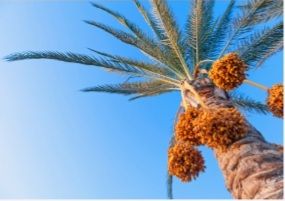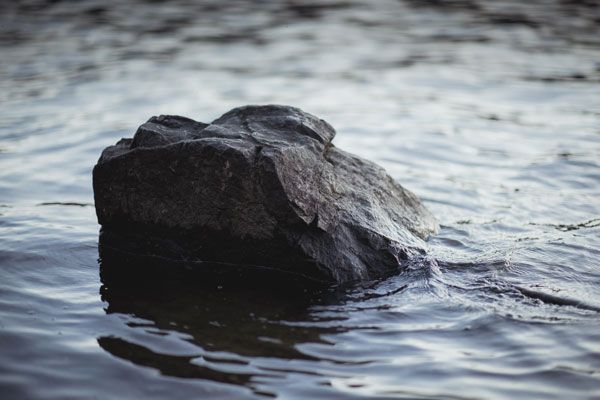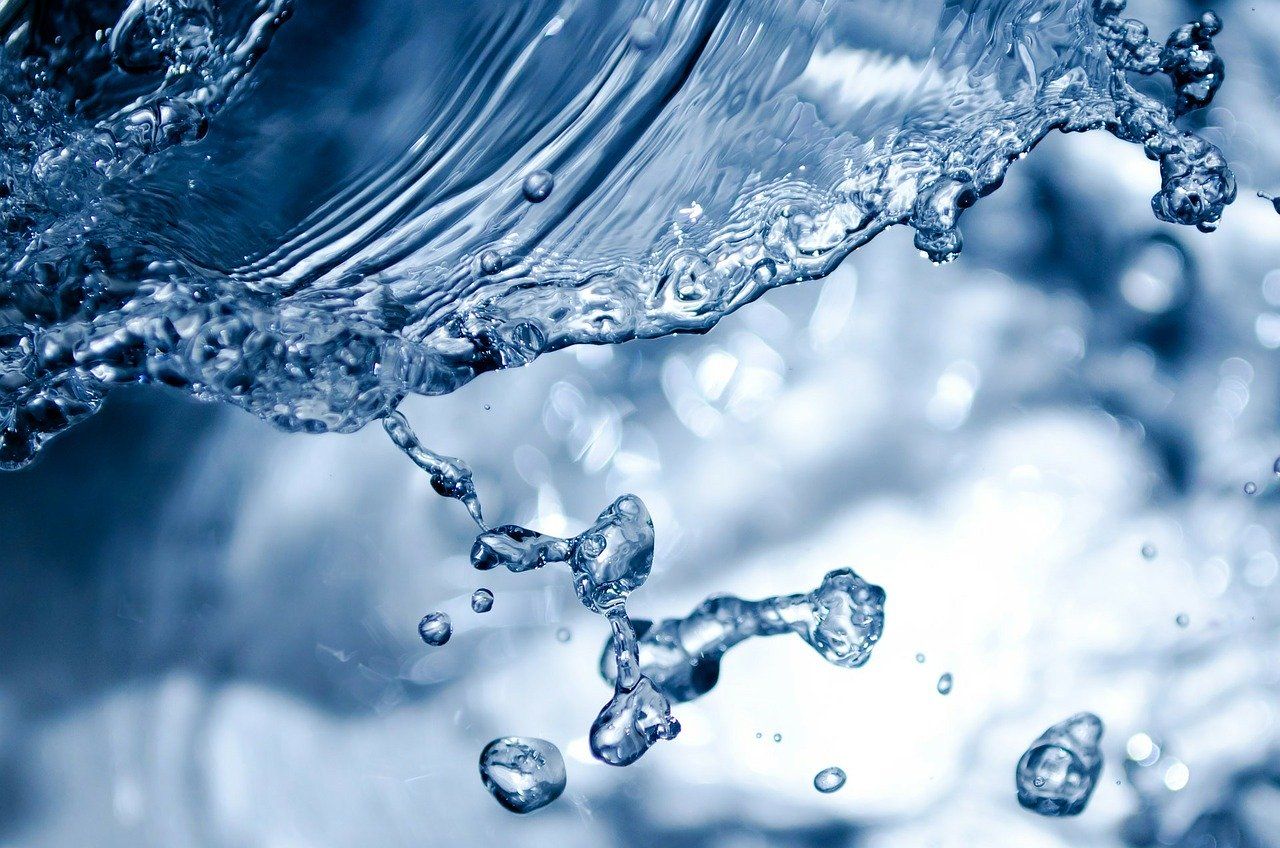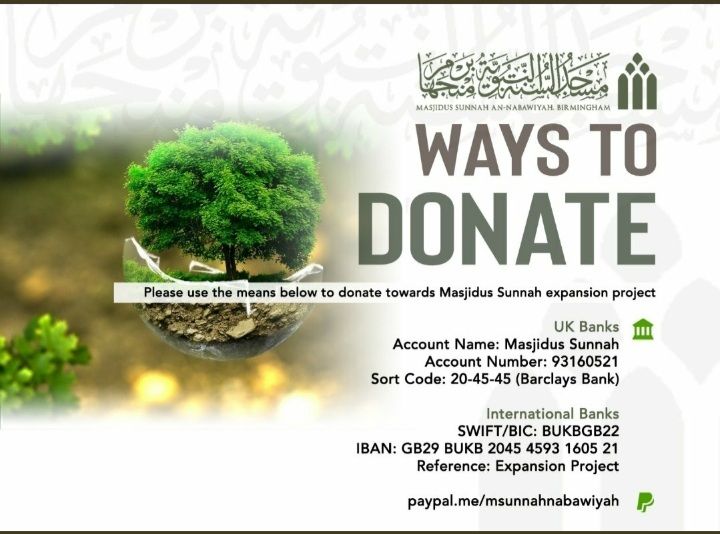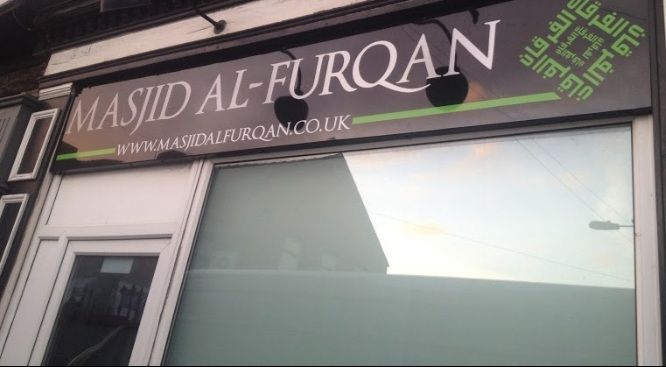In The Name of Allaah, The Most Merciful, The Bestower of Mercy.
Zakat is a small amount taken from a lot of that which Allaah has bestowed on a wealthy person. It is an obligatory charity that is taken from the wealthy and given to the poor. Great welfare and benefit is acquired from that, such as love, solidarity, mercy for one another and co-operation. It removes blameworthy traits such as envy, enmity, animosity etc It is one of the excellent qualities of this mighty religion of Islam, because it establishes the great affairs of welfare for a Muslim society and manifests the strong solidarity which Islam has brought and obligated. Therefore, a Muslim must pay attention to this mighty obligation. Whoever has wealth that reaches the Nisaab, then it is obligated on him to learn the rulings of Zakaat so that he gives it to those who are entitled to it in the manner it has been obligated- pays it willingly – without any reservation in his heart – as an act of worship that will earn him Allaah’s pleasure so that he becomes successful – with great success – through the fulfilment of this act of worship. There is no deed – by way of which one seeks the pleasure of Allaah- that is more beloved to Allaah than what He has obligated. (1)
Al-Allaamah Abdul Muhsin Al-Abbaad [may Allaah preserve him] stated:
The good outcomes of Zakaat are tremendous indeed. It is a means of purifying the soul from miserliness and greed. It is a means of purifying one’s wealth so that it is made to grow and increase, and it also fulfils the objective of what is called ‘Social Security’ at present. When the rich give Zakaat from their wealth to the poor and needy, then indeed their needs are fulfilled and they also receive nourishment as a result of this obligation of Zakaat Payment, which Allaah (The Mighty and Majestic) has obligated to be taken from the wealth of the wealthy. It has been reported in the hadeeth of Mu’aadh Ibn Jabal [may Allaah be pleased with him] that the Prophet [peace and blessings of Allaah be upon him] said, “And if they offer their Salaat (five daily prayers), tell them that Allah has enjoined on them Zakat of their properties and it is to be taken from the rich among them and given to the poor among them”. (a)
The payment of Zakaat has a great benefit for the wealthy people because it purifies their souls and makes their wealth grow, and they are rewarded by Allaah for showing kindness to their Muslim brethren-those who are poor and find themselves in a state of neediness and hardship. So by way of this charity their needs are fulfilled and their destitution ceases. Allaah [The Mighty and Majestic] has obligated that Zakaat is to be taken from the wealth of the wealthy people in a manner that will benefit the poor and the needy, but at the same time the wealthy people are not harmed. The Zakaat is a small amount taken from abundant wealth, which Allaah has bestowed upon the people. Allaah has obligated the payment of that small portion, which does not affect the wealthy people when they give it, but it also benefits the poor and needy-those who are deprived and do not have any wealth. And from the good outcomes of charity and kindness towards the poor and needy is that which has been narrated by Abu Hurairah [may Allaah be pleased with him] that the Prophet [peace and blessings of Allaah bd upon him] said, “While a person was in the wilderness he heard a voice from the cloud (commanding it thus), ‘Irrigate the garden of so and so’. (After that the clouds slunk aside and poured water on a stony ground. It filled a channel amongst the channels of that land and that person followed that water and he found a person standing in the garden busy in changing the course of water with the help of a hatchet. He said to him, ‘O Servant of Allah! What is your name?’ He said, ‘So and so’, and it was that very name which he had heard from the clouds. And he said to him, ‘O Servant of Allah! Why do you ask me my name?’ He said, ‘I heard a voice from the clouds of which It is the downpour, saying, ‘Water the garden of so and so, (with a mention) of your name. What do you do (for the favour) shown to you by Allah in this matter?’ He said, ‘Now as you state, I look what yield I get from it, then I give one-third as charity out of it and I and my family eat one-third of it and one-third I return to it as investment'”. And in another narration of this same hadeeth, he said, ‘I earmark one-third for the poor, the needy and the wayfarer'”. (b) [An Excerpt from أثر العبادات في حياة المسلم pages: 4-31: slightly paraphrased]
What is the Nisaab? Read here by Shaikh Abdul Waahid Abu Khadeejah [may Allaah preserve him]: https://www.abukhadeejah.com/zakah-zakat-what-is-it-paid-on-and-how-to-calculate-it/
Ref 1: [An Excerpt From: Explanation of Important Lessons For The Muslim Ummah. page 59-60] Maktabah Malik Al-Fahad 1436AH. (2015)]
Ref a: Here is the full text of the hadeeth: Narrated Ibn Abbaas (radiyallaahu-anhumaa): When the Prophet (sallal-laahu-alayhi-wasallam) send Mu’aadh to Yemen, he said to him, ‘’You are going to nation from the people of the Scripture, so let the first thing to which you will invite them is they should testify to the Tawheed of Allaah [i.e. Laa ilaaha Il-lal laah (None has the right to be worshipped except Allaah)]. If they accept that, tell them that Allaah has enjoined on them, five obligatory congregational Salaat (prayers) to be offered in one day and one night. And if they offer their Salaat (five daily prayers), tell them that Allah has enjoined on them Zakat of their properties and it is to be taken from the rich among them and given to the poor among them. And if they agree to that, then take from them Zakaat, but avoid the best property of the people.’’ [Saheeh al-Bukhaari (The Book of Tawheed) Vol 9. Hadeeth Number: 7372. Daarus Salaam Print]
[Ref b: Saheeh Muslim: Kitaab Az-Zudh War-Riqaaq. Hadeeth Number 2984. Chapter: Charity to the Masaakeen]
